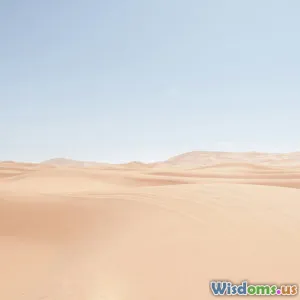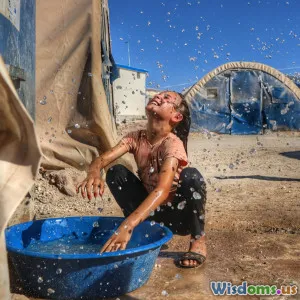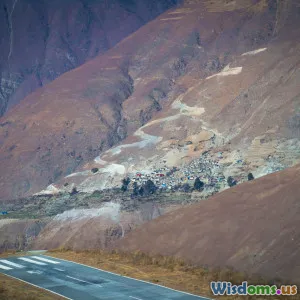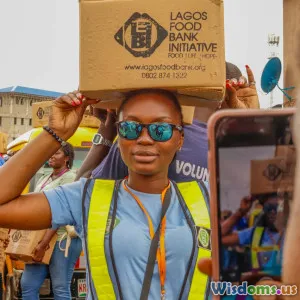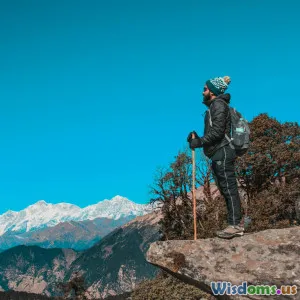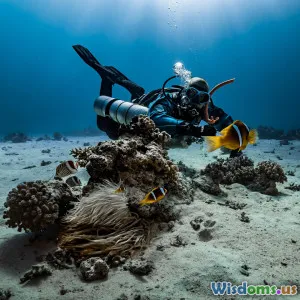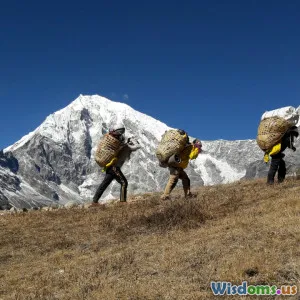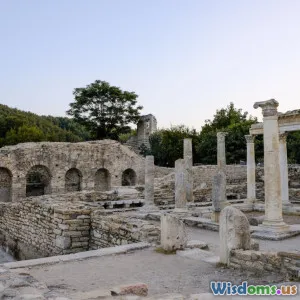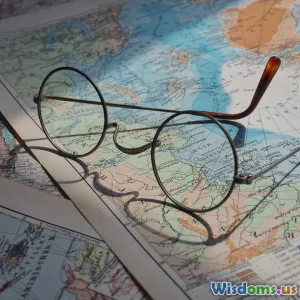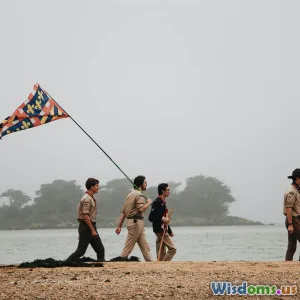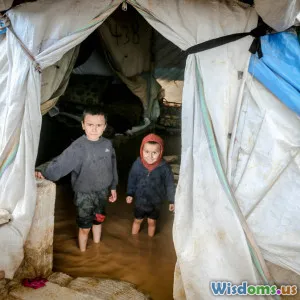
Youth Perspectives: What I Learned Building Water Wells in Bolivia
10 min read Discover life-changing lessons from youth building water wells in Bolivia, gaining insights into community impact, sustainability, and personal growth. (0 Reviews)
Youth Perspectives: What I Learned Building Water Wells in Bolivia
Introduction
Imagine waking up each day with the realization that millions of people around the world still lack access to safe, clean water. In Bolivia, where rural communities face daily struggles due to water scarcity, the creation of a single well can transform health outcomes, education, and quality of life. I had the unique opportunity to participate in building water wells in Bolivia as a young volunteer, an experience that reshaped my worldview and taught me lessons about community, sustainability, and teamwork that no textbook ever could.
In this article, I will share detailed insights from my time building water wells in Bolivia, revealing what it really means to create lasting change through grassroots development. Beyond the construction itself, you’ll discover reflections on cultural immersion, the vital role of youth in global development, and how these experiences translate into lifelong skills and values.
Understanding the Context: Water Challenges in Bolivia
Bolivia is a country rich in natural beauty and cultural heritage but grapples with significant water-related challenges. According to the World Health Organization (WHO), approximately 30% of rural Bolivians lack access to piped water at home, and many rely on contaminated sources such as rivers and open wells. These unsafe water sources contribute to diarrheal diseases, which remain a leading cause of child mortality in the region.
Why Wells Matter
Water wells are critical infrastructure that provides a reliable, clean supply close to homes and schools. Wells not only improve health by reducing waterborne diseases but also save time and energy—especially for women and children who traditionally carry water across long distances. The World Bank reports that improved water access can increase school attendance by up to 14% in developing countries because children spend less time fetching water and more time learning.
This contextual understanding became the framework for my mission with a small organization focusing on rural water system improvements. We set out to build a well in a remote village in the Cochabamba region.
Preparing for Impact: What Goes into Building A Water Well
Community Involvement and Trust-Building
One tangible lesson I learned early on is that technical knowledge alone cannot solve community problems—it requires mutual respect and collaboration. Before a shovel met the dirt, we spent days engaging with the villagers, understanding their needs, preferences, and concerns. Elders shared historical water use practices, while families discussed daily routines.
Forming these connections helped our team ensure that the well’s location, depth, and design aligned with local customs and landscape. As one Bolivian elder told me, “Water brings life much like respect brings peace. Both must be earned.”
Technical Challenges and Learning
Many who envision volunteer work in global development imagine only humanitarian action; however, successful water infrastructure development involves considerable technical challenges. Locating a groundwater source suitable for a well requires geological assessments, which in Bolivia often reveal fractured rock and variable water tables.
I worked alongside engineers using portable ground-penetrating radar and collaborated on manual digging where machines could not reach. Seeing how water systems need customization—no “one-size-fits-all” approach—highlighted how local geographic knowledge is as important as engineering expertise.
Environmental and Sustainability Considerations
Constructing a well is not simply about digging a hole and extracting water. We learned the importance of balance: preventing aquifer depletion, avoiding contamination, and ensuring the community can maintain the well over time.
Our team trained villagers on well maintenance, established committees to oversee water usage, and introduced basic water treatment methods such as chlorination. These practices are crucial because, according to a UNICEF report, up to 30% of newly constructed wells in rural areas globally fail within five years due to neglect or contamination.
Personal Growth and Youth Empowerment
Building Leadership and Problem-Solving Skills
For me and other youth volunteers, this project was a crash course in leadership. Collaborating across language barriers and cultural differences meant improving communication skills and practicing empathy daily.
When tools broke or unanticipated geological barriers arose, rapid problem-solving was essential. One day, after discovering the planned well spot was unsuitable, the community and team held an emergency meeting. Together, we adjusted plans—pinpointing a new site using local folk wisdom combined with modern tech. This kind of adaptability will serve young people far beyond this project.
Gaining Global Awareness and Responsibility
Experiencing firsthand the stark water challenges communities faced made me acutely aware of the global water crisis. The United Nations estimates that 2.2 billion people worldwide live without safely managed drinking water. Realizing that my actions could help change these statistics instilled a profound sense of global responsibility.
Youth involvement in such projects demonstrates the unique power young people have to advocate and advance international development goals, specifically Sustainable Development Goal 6: Clean Water and Sanitation.
Lasting Community Impact: More Than Just Water
Improving Health and Education Outcomes
After the well was completed and operational, the village experienced tangible benefits almost immediately. Children returned from school with less fatigue and fewer illnesses. Local healthcare workers reported a decline in waterborne diseases over the following year.
Empowering Women and Promoting Equality
Water access deeply influences gender dynamics. Women and young girls, often tasked with water collection, gained crucial time savings that allowed for increased education and participation in community leadership. The project also included workshops promoting gender equality, nurtured by the fact that women were instrumental both in the well’s committee and upkeep.
Fostering Community Cohesion and Self-Reliance
Perhaps one of the most profound lessons: infrastructure projects anchored in community collaboration nurture social bonds and agency. The villagers’ pride and sense of ownership fostered ongoing maintenance and safeguarded the well’s longevity, ensuring this improvement was sustainable without perpetual external aid.
Challenges and Lessons Learned
No project worth pursuing is without obstacles. From faced delays caused by weather, funding limitations, to navigating cross-cultural communication—each challenge reinforced resilience and patience.
One critical lesson was the importance of incorporating local knowledge from the beginning rather than imposing preconceived plans. This participatory approach is a cornerstone for truly effective development work.
Conclusion: The Ripple Effect of Youth-Driven Water Projects
Building a water well in Bolivia was not just a construction project; it was a transformative journey laden with lessons about humanity, leadership, sustainability, and hope. It proved to me that when young people are empowered with skills and respect, they can be potent agents of change addressing some of the world’s toughest problems.
Moving forward, I encourage other youth to seek these life-changing experiences. Whether through volunteerism or advocacy, contributing to water access is a powerful means to improve health, education, and dignity worldwide. After all, water connects us all—building wells is one step toward building a better future.
If you are inspired by stories of youth engagement and want to make a difference, consider supporting organizations working on water projects or joining educational programs focused on global development.
Rate the Post
User Reviews
Popular Posts










